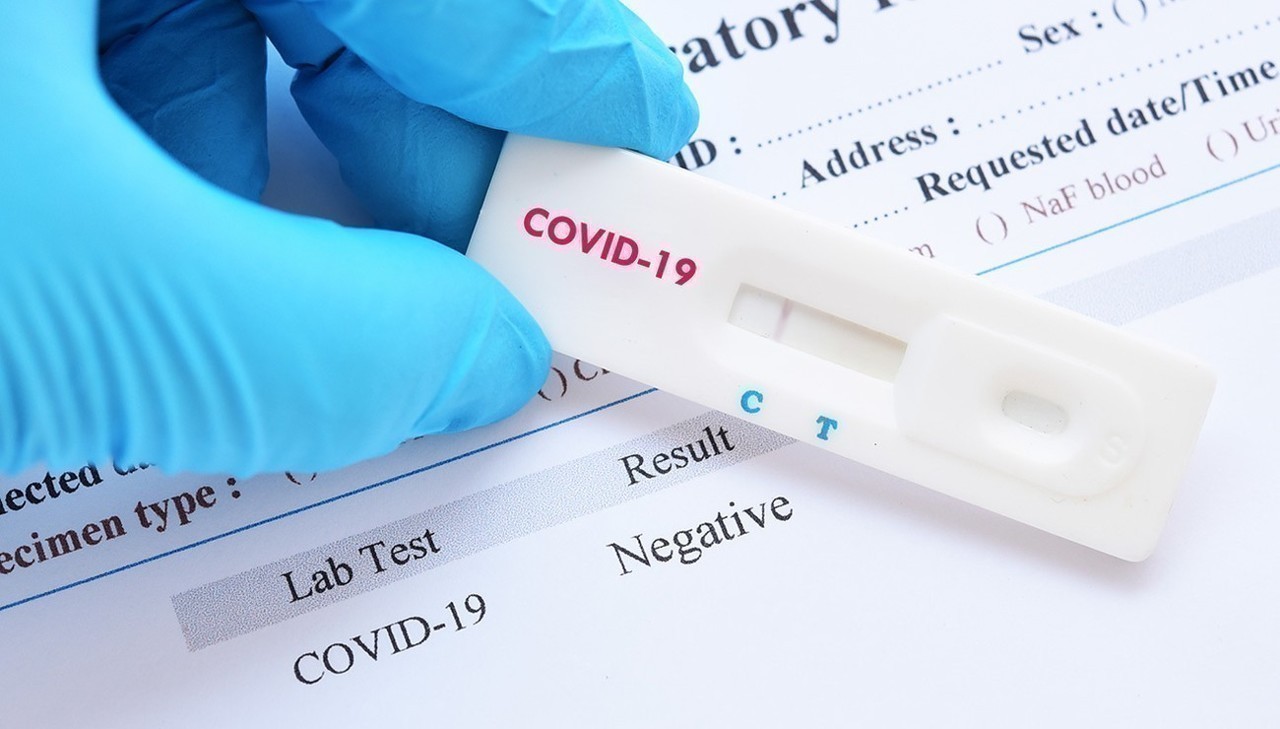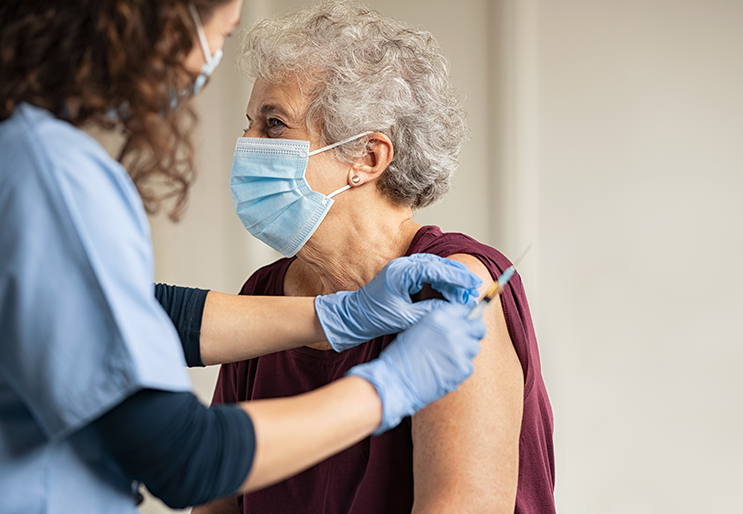This article represents only a fraction of the ongoing story of COVID-19. We will remain attentive to developments and progress made in the fight against this global pandemic. Additionally, here is an application that allows you to follow the evolution of this COVID-19 pandemic. Now, if you'd like to see the evolution of covid19 around the world, here's an application that lets you visualize the number of cases.
Here’s the application, open in your browser.
Click here
Since its emergence in 2019, COVID-19 has led to global and persistent changes in our lives. Amidst health, economic, and social challenges, the pandemic has revealed the crucial importance of international cooperation. The future, while uncertain, is being shaped by the lessons learned from this unprecedented crisis. The COVID-19 pandemic, caused by the SARS-CoV-2 coronavirus, began as a mysterious case of pneumonia in December 2019 in the city of Wuhan, China. Quickly, the virus spread across continents, causing unprecedented upheaval in every aspect of daily life.
Origin and Transmission

Coronaviruses are a large family of viruses, some causing illness in humans and others in animals. SARS-CoV-2 is a new virus from this family that had never before been identified in humans.
The virus is primarily transmitted through droplets expelled by an infected person when coughing or sneezing. Additionally, contact with contaminated surfaces followed by contact with the mouth, nose, or eyes can also lead to infection.
Symptoms and Health Effects
The symptoms of COVID-19 can range from mild to severe and include fever, cough, and difficulty breathing. More serious symptoms may include pneumonia, kidney failure, and even death. Some infected people show no symptoms and can transmit the virus without knowing it.
Testing and Diagnostics

Testing for COVID-19 is essential for detecting cases, isolating infected individuals, and reducing transmission. There are different types of tests, including molecular tests (such as PCR tests) and rapid antigen tests. Testing strategies have evolved as new tests were developed and approved.
International Response and Vaccination

The international response to COVID-19 has varied, with countries adopting strategies ranging from strict lockdowns to more flexible measures. The race to develop a vaccine was unprecedented in its urgency and scale, resulting in several effective vaccines approved for emergency use less than a year after the start of the pandemic. Mass vaccination campaigns have been a crucial aspect of the pandemic response, aiming to achieve herd immunity and reduce the number of severe cases and deaths.
Economic and Social Impact
The pandemic has had a devastating impact on the global economy, leading to massive job losses, supply chain disruptions, and economic recessions in many countries. Social and economic inequalities have been exacerbated, highlighting the challenges of public health and unequal access to care.
Future Outlook
As we continue to navigate the complexities of the COVID-19 pandemic, the importance of international cooperation, solidarity, and scientific innovation remains clear. The crisis has underscored the need for strong public health and has prompted reflection on preparedness for future pandemics. Looking ahead, it is crucial to learn from this experience to build a more resilient world in the face of health crises.